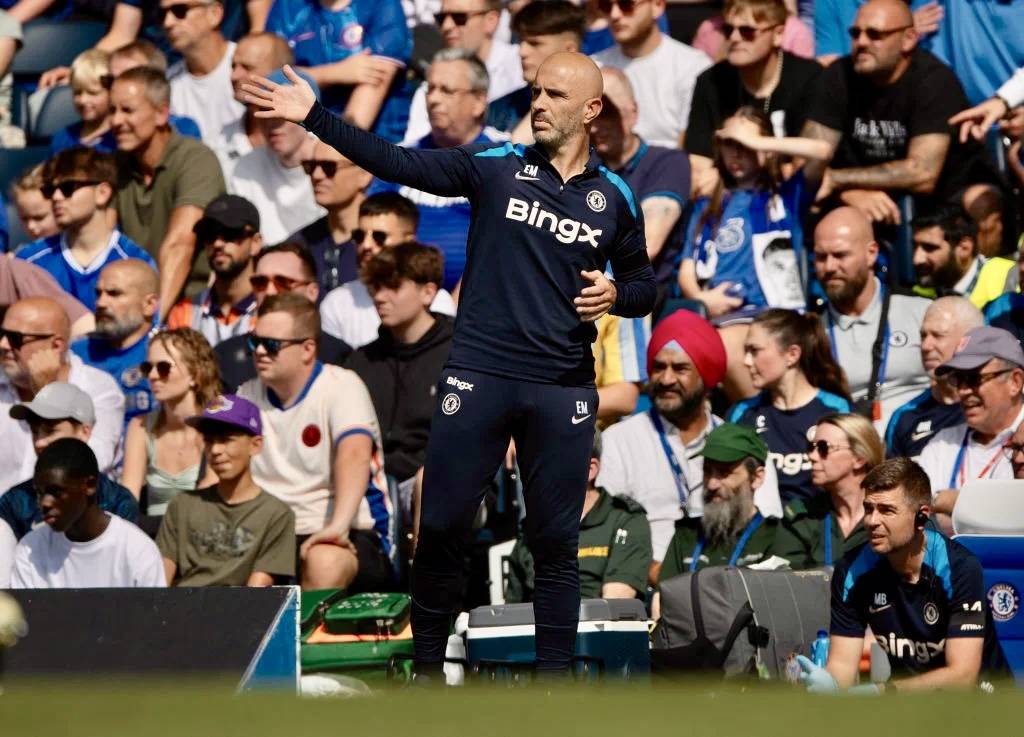Chelsea have made some strategic decisions regarding their squad selection for the group stages of the Conference League, opting to rest key players like Cole Palmer, Wesley Fofana, and Romeo Lavia. These players are likely being held back with the long season in mind, as they can be added to the roster for the knockout stages if Chelsea progresses.
This cautious approach opens up opportunities for other players to step up and make an impact, particularly younger talents who have yet to solidify their place in the first team. Among these emerging talents is 17-year-old Kiano Dyer, who has been identified as a potential candidate to feature in European matches this season. Dyer has been impressive in Chelsea’s academy and even participated in first-team training under the watchful eye of manager Enzo Maresca during the summer, indicating that Maresca sees promise in him.
Chelsea’s decision to manage their squad this way, especially with the omission of three key players who were starters in their first Premier League game, may seem unconventional, but it appears to be a move aimed at preventing further injuries. The Blues have been plagued by injuries in recent seasons, and the early signs this season suggest similar challenges could arise. Protecting players like Lavia, who is expected to be fit for their next Premier League match against Bournemouth, is likely a key factor in this approach.
By giving opportunities to younger players like Dyer, Chelsea is also investing in their future, allowing these talents to gain valuable experience on a European stage while maintaining the fitness of their established stars for the more demanding fixtures ahead.
Chelsea experienced significant changes during the summer transfer window, with notable departures that reshaped the squad. Two of the most impactful exits were those of Raheem Sterling and Thiago Silva. Raheem Sterling made a surprising move to Arsenal on deadline day, although it's important to note that this transfer was on an initial loan basis. This means that Chelsea retains the option to bring Sterling back to Stamford Bridge when the loan period concludes next summer.
Thiago Silva, a stalwart in Chelsea's defense since his arrival, decided to return to his roots, signing with Fluminense in July. Silva’s move back to his former club in Brazil marked the end of his successful tenure at Chelsea, where he was a key figure in their defensive lineup.
These exits signify a period of transition for Chelsea as they adjust to life without two of their most experienced players. The club’s decision to loan Sterling rather than sell him outright suggests they see potential value in his return, depending on how his season with Arsenal unfolds. Meanwhile, Silva’s departure opens the door for younger defenders to step up and fill the void left by the veteran center-back.



No comments yet
Be the first to share your thoughts!